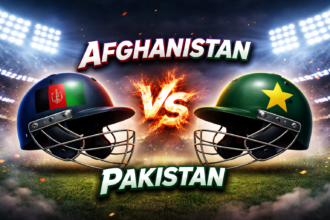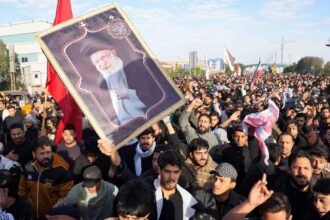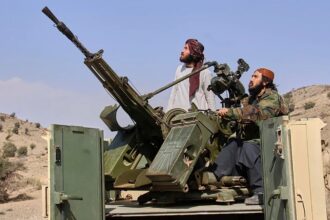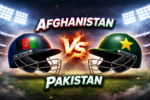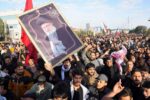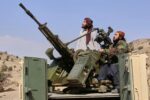In the Khyber Pakhtunkhwa Assembly, a one‑day session on peace for the province began on November 12, with leaders from the ruling Pakistan Tehreek‑e‑Insaf (PTI) party and several other parties also participating in the jirga event.
The Khyber Pakhtunkhwa government posted on its X (formerly Twitter) page that the “Khyber Pakhtunkhwa Peace Jirga” includes numerous provincial politicians, community leaders, and officials.
The Khyber Pakhtunkhwa Minister for Local Government, Mina Khan Afridi, tsaid on November 11 that peace is a common issue for all the people of Khyber Pakhtunkhwa. He said, “Our goal is to bring everyone together on one platform. In light of the elders’ recommendations from the Jirga, we will make decisions for peace.”
Khyber Pakhtunkhwa Governor Faisal Karim Khundi also arrived at the jirga on the invitation of the provincial government, and likewise leaders of the Pakistan People’s Party, Awami National Party, Jamiat Ulema‑e‑Islam (F), Jamaat‑e‑Islami and other parties are also participating in the peace jirga.
On November 12, the jirga, led by provincial assembly speaker Babar Saleem Swati, began, and the Khyber Pakhtunkhwa Assembly is broadcasting it live on its Facebook page.
The Khyber Pakhtunkhwa provincial minister, Sahel Afridi, thanked the leaders and members of various parties for taking part in the jirga during his opening remarks. Sahel Afridi said he hopes that the jirga elders will find a common approach to ending terrorism and that this will pave the way for peace in the province.
Afridi was elected as the new chief minister of the province on October 13 after securing a majority vote in the Khyber Pakhtunkhwa Assembly, and he was sworn in on October 15. Prior to the current jirga, on October 25 he also took part in a peace‑focused jirga held in Bara district of Khyber.
He said during his speech at the Bara peace jirga: “We have launched peace initiatives and appealed to the state that we cannot continue to make sacrifices, but beyond that, preparations for another military operation are underway in this area.
Bombings are being carried out with jet aircraft. In Tira, the Pakistan army killed more than 20 innocent people in an airstrike. When we protest against such incidents, the security forces fire directly at us and target the protesters. So how can we continue to make sacrifices again?”
He said in a speech to the assembly after being elected on October 13 that he would not allow anyone to permit military operations in Khyber Pakhtunkhwa. His remark referred to the Pakistan army’s statements that they carry out dozens of operations each day based on intelligence against militants, and that if necessary they will also conduct large‑scale operations.
Afridi, in his speech, sharply criticized the Pakistan army and the central government’s policies, adding that anyone who raises their voice for their rights there faces restrictions.
On the other hand, the central government and the army say they are committed to security, conduct targeted operations against militants, and strive to avoid any harm to the general public.
The leader of the Pashtun Protection Movement was also invited to this jirga, but he was not given a chance to speak. Consequently, senior PTM leader Noor Allah Tareen, Hanif Pashteen, Eid al‑Rahman and elder Najif Ashnaghar left the jirga in protest during the session, exiting the hall and abandoning the meeting.
PTM leader Noor Allah Tareen says that they arrived at the jirga hall at ten in the morning and waited for hours, but were not allowed to speak. He added that everyone is demanding peace and talking about terrorism, yet they do not name the real culprit who has imposed a war of terrorism in Khyber Pakhtunkhwa for the past 24 years, and they also do not say from whom these people are seeking peace.
Therefore, this jirga is a political and parliamentary gathering that represents the Pakistani government and does not represent the Pashtun nation; nor is it a jirga of the Pashtun people.
PTM has already rejected Pakistan’s parliamentary politics and does not accept it, which is why we are boycotting this parliamentary jirga. The Pashtun nation’s own movement exists to solve the real issues of the Pashtun people.



